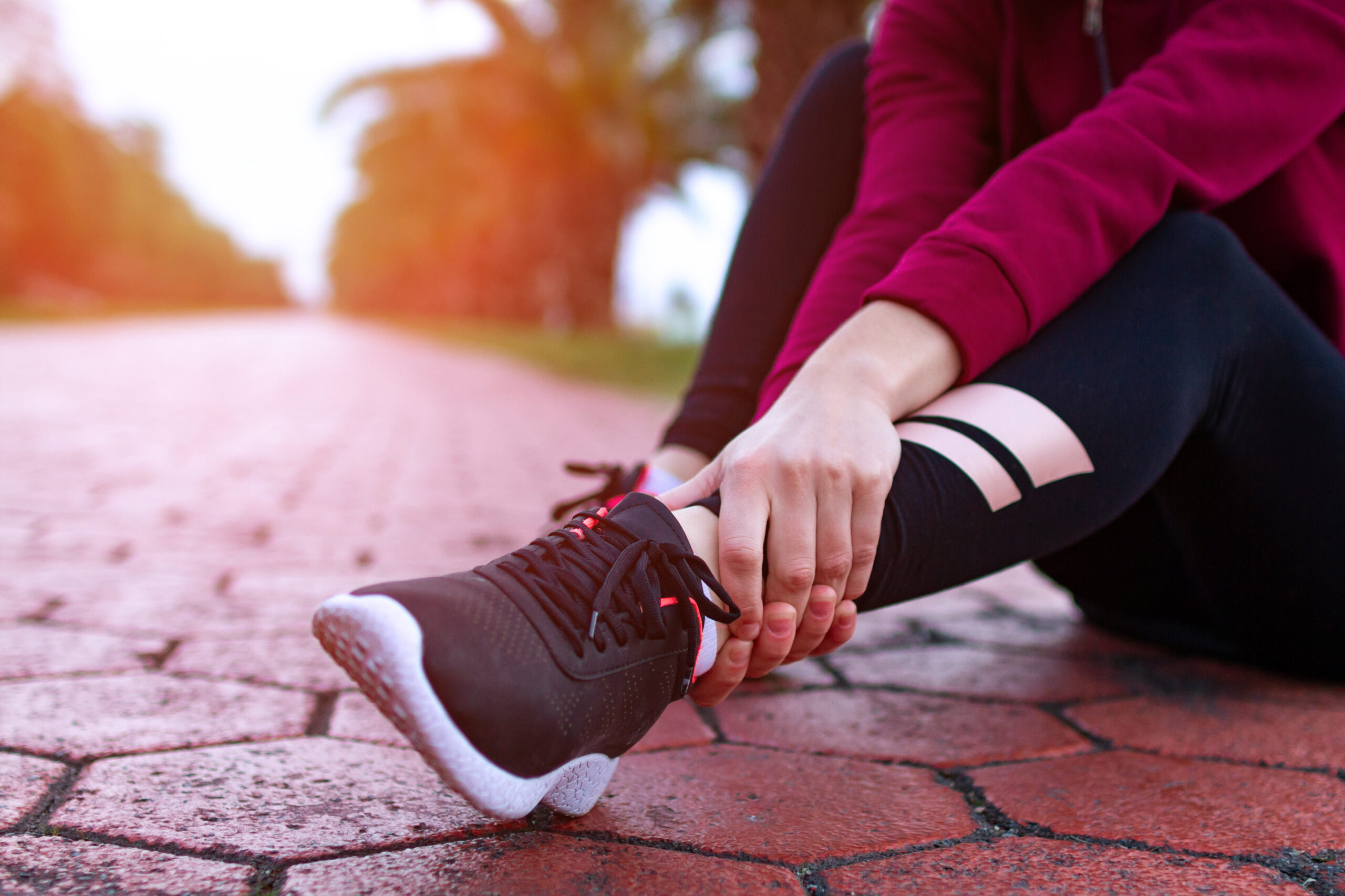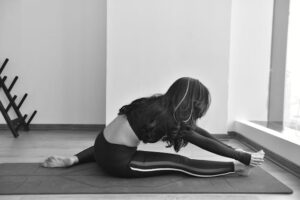
A young, fitness girl in sneakers and sportswear was injured while jogging and sports training. Leg injury and muscle strain, and ankle sprain accident during sports exercise.
If you’ve been working out, you may notice your body starting to ache. Before your muscles have a chance to rebuild, they have to undergo a recovery process. Depending on what you do when you’re not working out, you may not have time for an extensive recovery process.
Fortunately, you can help your body recover while minimizing downtime. Here are some tips to expedite your recuperation journey after a workout.
Remember to Hydrate
Dehydration is one of the easiest ways to prevent your muscles from healing. A general rule that physicians recommend to athletes and people who work out is to consume eight ounces of water for every 30 minutes of physical activity. Failure to do so leads to a longer, more painful recovery time. If you have trouble drinking water consistently, consider setting reminders or bringing a large bottle with you wherever you go.
Stretch Beforehand
Before starting an intense workout, do your muscles a favor by stretching. Doing so enables proper blood flow throughout your body, which aids the rebuilding process once your workout is over. Your stretching routine doesn’t have to take too long. However, stretching for even ten minutes can save you from hours and even days of discomfort later.
Use Pain Relief Products
There are certain ointments and creams that can also shorten the time it takes to relieve muscle pain. For instance, applying a pain relief oxygen ointment can help by numbing or cooling the area. The ointment combined with a proper massaging technique brings relief to aching joints and muscles. After working out, pay attention to which parts of your body are the sorest so that you can treat them accordingly.
Make the Most of Rest
Your body needs sleep to repair itself every day. Sleep becomes crucial when trying to repair growing muscles. By getting 7-9 hours of sleep, they have enough time to undergo protein synthesis. You also release enough human growth hormones to get your desired results. Because everyone is different, you may come to realize that your body may need fewer or more hours of rest compared to other people. Consider how many hours of sleep leaves you feeling the most rested.
Keep Your Body in Motion
In addition to getting rest, you want to keep your blood circulating. As long as you only participate in light physical activity, you’ll continue healing and your body will grow accustomed to rebuilding itself.
Training your body takes a toll during physical activity and the recurve ration period. Since you may not always have time to rest after a workout, learning how to function without sabotaging the recovery process is important. Everything from getting enough sleep to applying topical solutions can expedite the time it takes your muscles to heal.
Making sure you have enough fluids will also keep adverse reactions at bay. If you have underlying health conditions, regularly communicate with a physician during your fitness journey.


